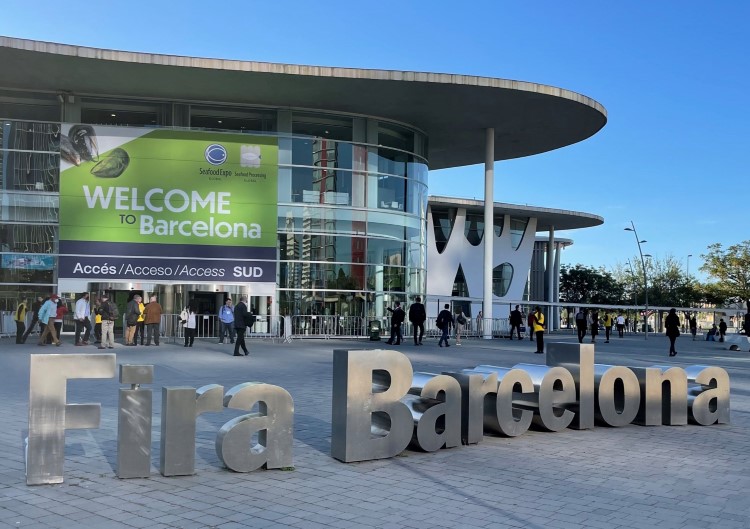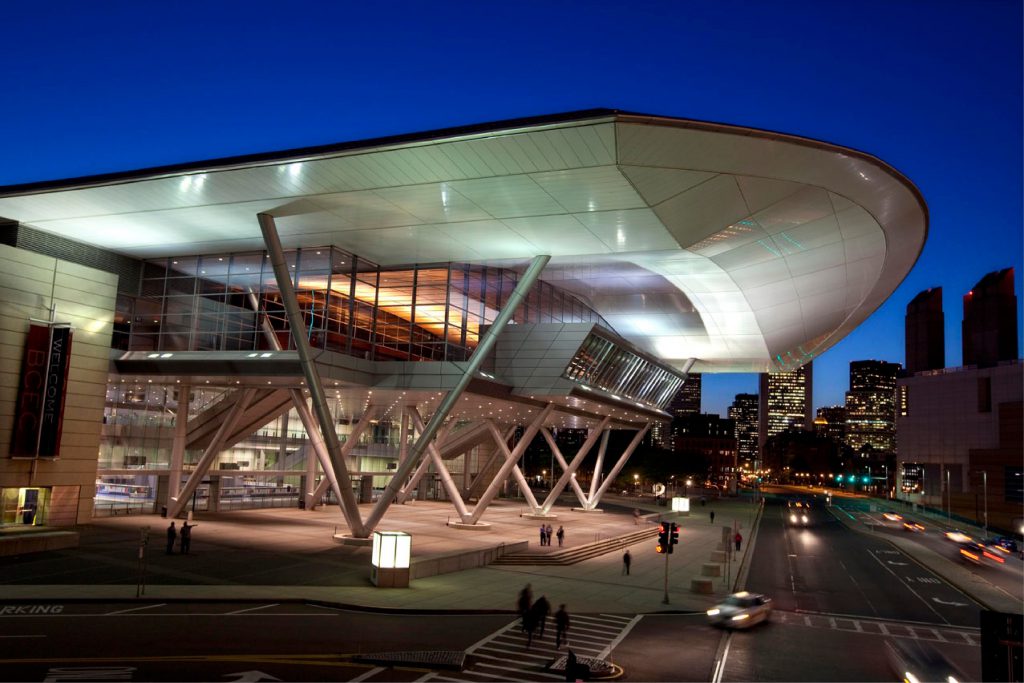RAF: Shrimp Farmers Unite to Fight White Spot in East Africa
June, 2013
Work on reducing the risk of white spot syndrome virus (WSSV) at shrimp farms in East Africa through improved management and policy is progressing, thanks, in part, to a Responsible Aquaculture Foundation (RAF) case study conducted in mid-May.
The case study, the third such project administered by RAF, dealt with a WWSV outbreak at shrimp farms in Mozambique and Madagascar. A team of aquaculture professionals and academics traveled to East Africa to meet with farmers and other stakeholders to review the chronology and impact of the WSSV outbreak and discuss strategies to control the disease.
The team consisted of George Chamberlain (coordinator), Donald Lightner (shrimp pathologist), Noriaki Akazawa (Asian shrimp farm manager), Marcos Villarreal (Central American shrimp farm manager), Richard Towner (geneticist), Peter van Wyk (financial analyst) and Adolfo Alvial (public-private partnerships).
While the remote location of each farm forces farmers to be independent and self sufficient, the WSSV outbreak has introduced the need for increased cooperation in both the public and private sectors. After much discussion, the stakeholders agreed on four areas of common interest: surveillance of WSSV prevalence in a wild crustaceans plan, biosecurity measures at the farm level, development of specific pathogen free (SPF) WSSV-resistant postlarvae, and regional cooperation among national agencies and producer associations. These four areas of common interest were agreed upon at a concluding workshop in Antananarivo, Madagascar, on May 21 to 22.
Their inspirational spirit of cooperation was reflected in an African proverb, “If you want to go fast, go alone. If you want to go far, go together,” said Chamberlain, president of the Global Aquaculture Alliance (GAA).
The details of this RAF case study are outlined in an article written by Chamberlain in the upcoming July-August issue of the Global Aquaculture Advocate, GAA’s bimonthly magazine.
Aquaculture growth opportunities in Africa are among the topics that will be addressed at GAA’s GOAL 2013 conference in Paris, France, from Oct. 7 to 10.
About RAF
The Responsible Aquaculture Foundation is a charitable organization established by GAA to offer education and training in support of responsible aquaculture.
About GAA
The Global Aquaculture Alliance is an international, non-profit trade association dedicated to advancing environmentally and socially responsible aquaculture. Through the development of its Best Aquaculture Practices certification standards, GAA has become the leading standards-setting organization for aquaculture seafood. For more information, visit https://www.aquaculturealliance.org/



